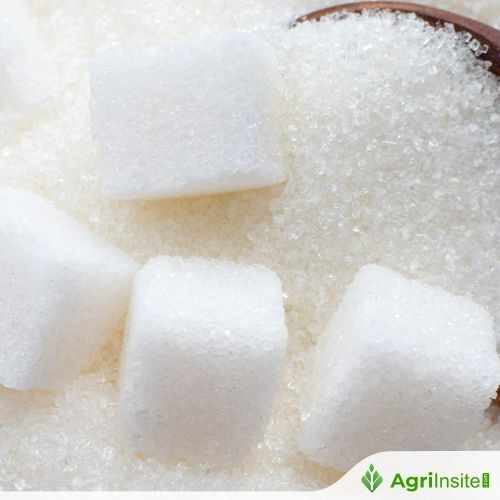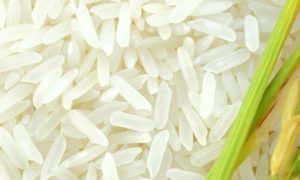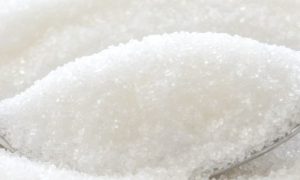Nigeria : NSDC, four new operators partner to produce 400,000MT of sugar yearly

Nigeria’s NSDC signed agreements with four firms to build sugar projects adding 400,000 tonnes annually, aiming to cut costly imports and boost self-sufficiency. Projects in Oyo, Niger, Adamawa, and Bauchi will create jobs, improve infrastructure, and support rural economies, though past challenges may hinder full realisation.
Nigeria’s National Sugar Development Council (NSDC), yesterday, announced the signing of agreements with four operators to develop greenfield sugar projects that would collectively add 400,000 tonnes to yearly sugar production.
The deals marked the latest phase in an ambitious campaign to slash the country’s high sugar import bills and achieve domestic self-sufficiency, the council said.
The four operators will each develop 100,000-tonne facilities across Nigeria’s agricultural belts – Brent Sugar in Oyo state, Niger Foods in Niger state, Legacy Sugar in Adamawa state and UMZA in Bauchi state.
The geographic spread from Nigeria’s southwest to northeast reflects a deliberate strategy to leverage diverse agricultural conditions and distribute economic benefits across regions, a statement released by NSDC said.
The agreements, signed at NSDC’s Abuja headquarters, represent a significant scaling of Nigeria’s sugar development ambitions. Under the terms, the council will provide customised project development support and cover critical service costs to ensure the ventures achieve commercial viability.
The expansion builds on Nigeria’s increasingly aggressive approach to sugar sector development.
The NSDC had recently signed a memorandum of understanding (MoU) with a Chinese firm for engineering, procurement, construction and financing (EPC-F) services to construct up to five sugar estates, representing a collective investment of $1 billion.
The Chinese partnership underscores Nigeria’s willingness to leverage foreign expertise and capital to rapidly develop domestic capacity.
The strategic imperative is clear: Nigeria currently imports most of its sugar requirements, creating a substantial drain on foreign exchange reserves that the government is eager to plug. The country’s sugar import bill has remained stubbornly high despite various policy interventions, making domestic production expansion a priority for economic planners seeking to improve the trade balance.
Executive Secretary of NSDC, Kamar Bakrin, designated 2025 as a year of “accelerated development” for sugar projects, reflecting the government’s urgency in addressing food security concerns and reducing import dependence.
Bakrin argued that structural changes in global commodity markets have made local production more commercially attractive than at any point in the industry’s history, presenting a window of opportunity for rapid capacity expansion.
The four new projects promise benefits beyond mere production targets. Each facility is expected to generate significant employment in predominantly rural areas, develop local infrastructure, and create upstream and downstream economic opportunities.
The geographic spread across Oyo, Niger, Adamawa and Bauchi states also reflects a deliberate strategy to distribute economic benefits and reduce regional inequalities.
However, Nigeria’s sugar development efforts face familiar challenges. Previous attempts to boost domestic production have been hampered by infrastructure constraints, financing difficulties, and competition from subsidised imports. The success of these latest ventures will depend heavily on the NSDC’s ability to provide effective project support and the operators’ capacity to execute complex agricultural-industrial projects.
The initiative represents part of Nigeria’s broader industrial policy push under President Bola Tinubu’s administration, which has prioritised import substitution and local value addition across key sectors. With Africa’s largest economy facing persistent foreign exchange shortages and mounting pressure to diversify away from oil dependence, agricultural processing industries like sugar have gained renewed policy attention.
If fully realised, the new capacity would represent a notable expansion of domestic production capabilities in a country of over 200 million people with growing consumption patterns. The projects also align with continental trade initiatives under the African Continental Free Trade Area, potentially positioning Nigeria as a regional sugar hub for West African markets in the history of the industry.
To Read more about Sugar Industry continue reading Agriinsite.com
Source : The Guardian














